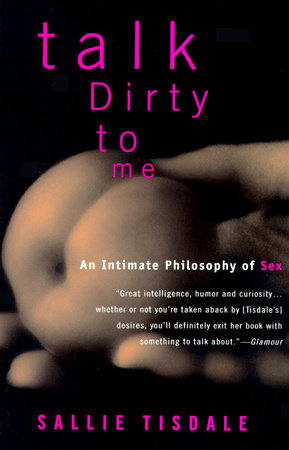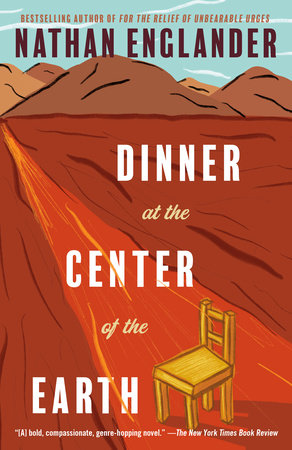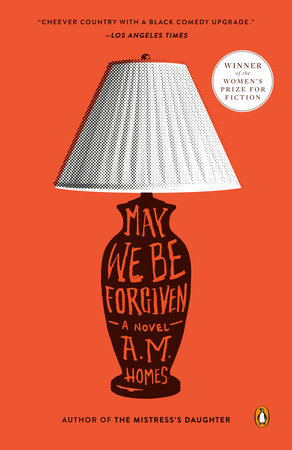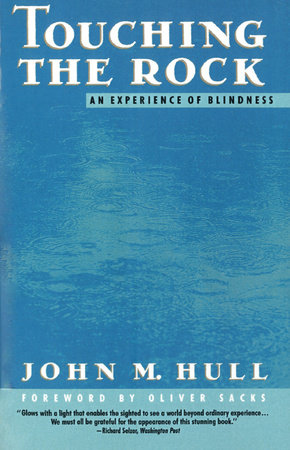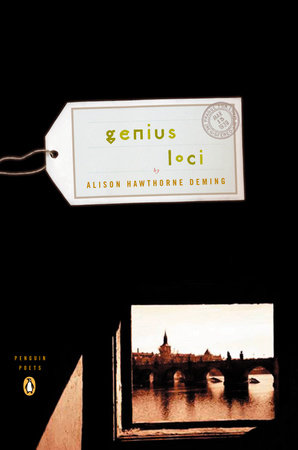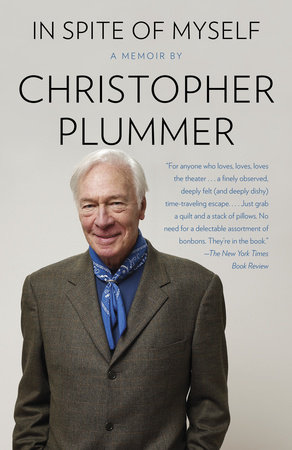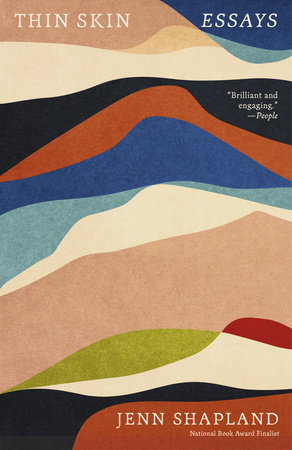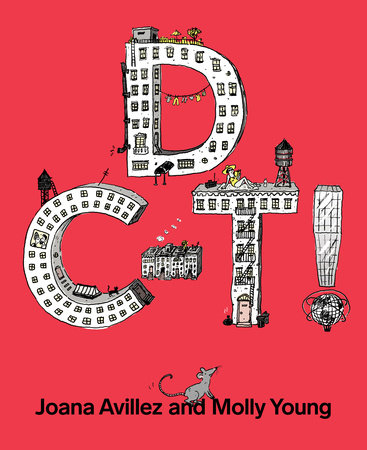Q: How did you come to write this book?
A: When I first started researching this and telling people I was going to write a book about sex, I expected long silences. I expected nobody to want to talk to me. But what I had was people calling me and saying, "Why haven’t you interviewed me yet? I want to talk about sex. Nobody ever lets me talk about sex." Men and women don’t talk about sex. And that excited me. It gave me the feeling that there really is this hunger out there for dialogue with each other about why sex matters in our lives.
Women have spoken very little about sex in terms of desire rather than in terms of romance or love or security. We’re in a fairly new cultural state. In the last couple of hundred years it’s become imperative for women to cope with their sexuality only in terms of relationships. There have been times and places in history in which that wasn’t the case. And there have been a lot of other cultures in which that wasn’t the case. But for Western women, our inheritance has been that we don’t talk about sex in terms of desire.
What’s unique about this book, I think, is an attempt to use both the personal and the universal to find the ground of experience. That’s what I try to do with all my work. If you’re just personal, it becomes a kind of confession that nobody can relate to. If you’re just universal, especially with something like sex, nobody completely buys it. I felt like I had to talk about my own experience to some degree; I also had to put it into a social and cultural context. This has rarely been done with sex, and I think that has to do with the fact that we don’t know how to talk about it. I do see the book as being the start of a conversation. And with more than anything else I’ve written, I feel that this is not a finished subject. It’s not something we can make go away from our lives. It will always be there, whether we’re celibate or promiscuous or somewhere in between, there’s always going to be sex.
Q: Did any of your own views of sexuality change from writing the book?
A: Oh, sure. I became much more accepting of my own particular individual sexual quirks or sexuality or whatever you want to call it. I became much more tolerant–I already felt tolerant toward other people’s sexuality–and I feel like I am a hundred times more tolerant toward whatever quirks, fetishes, kinks, needs, desires that anybody else might have. As long as there is no victimization going on, I no longer consider there to be moral ground for sexuality. It’s obvious from reading history and anthropology, mythology, and folktales from around the world, as well as people’s individual stories, that sexuality takes an infinite number of forms. There are five billion sexualities in the world, one for each of us. So how can we say what is normal? And that is the question people always have about their sexuality–am I normal? Do I fall in the normal range? What are the parameters here?
I say in my introduction, "Without crossing the country of sex, there is a lot of territory we can’t begin to traverse."
I mean that we have to look ourselves in the mirror, we have to examine ourselves fairly ruthlessly and honestly, however privately we do that, and see ourselves as sexual beings, see how sexual energy moves in our lives, how it affects us, and then move on. And it doesn’tmatter when you do that, or how you do that, or what you’re doing sexually, it’s the self-analysis that’s important.
